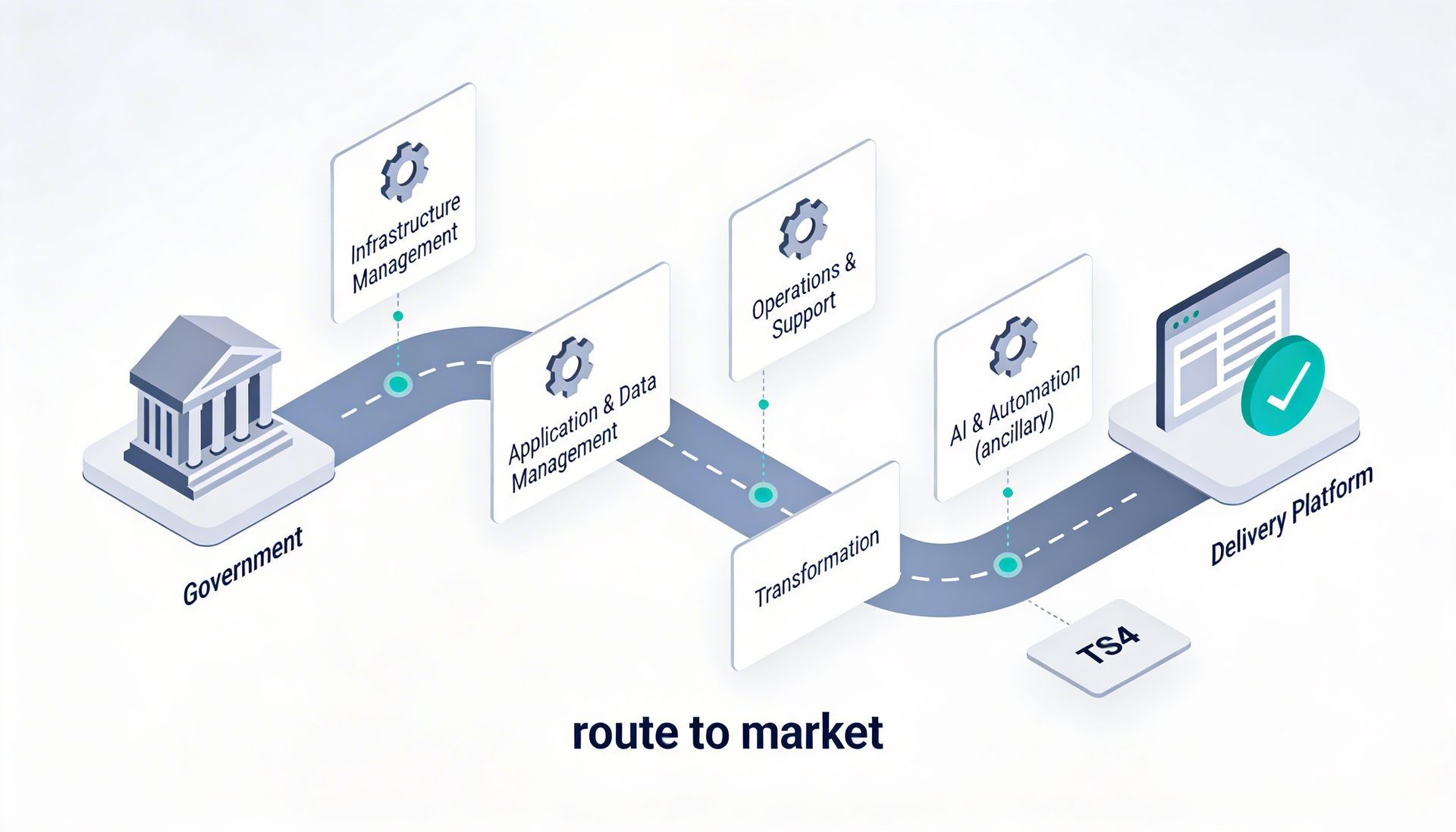The End of Microsoft 365's VPN: What It Means for Your Business Security
With Microsoft's recent announcement of the removal of their VPN feature from Microsoft 365 subscriptions, organisations need to reassess their security strategy. At Altiatech, we're helping businesses turn this change into an opportunity to strengthen their overall security posture.

Understanding the Change
From 28th February 2025, Microsoft will remove the privacy protection feature from Microsoft 365 subscriptions. While this built-in VPN was limited in scope (with a 50GB monthly data limit and restricted regional connections), many organisations have relied on it as part of their security stack.
Why This Matters
This change comes at a crucial time:
- Rising Security Threats: Cyber attacks continue to increase in frequency and sophistication
- Remote Work: Distributed teams need secure access to corporate resources
- Compliance Requirements: Data protection regulations demand robust security measures
- Cost Implications: Companies need to find cost-effective alternatives
The Opportunity for Enhancement
Rather than viewing this as a loss of functionality, forward-thinking organisations are using this as a catalyst for security improvements.
Here's why:
Limitations of the Current Solution
- Restricted data allowance (50GB monthly)
- Limited regional flexibility
- Basic feature set
- No geo-restriction bypass capabilities
Benefits of a Comprehensive Security Approach
- Full-featured security solutions
- Integrated identity management
- Scalable infrastructure
- Comprehensive monitoring and control
The Altiatech Approach
Through our altIAM division, we offer a comprehensive security solution that goes beyond basic VPN functionality:
- Identity and Access Management
- Multi-factor authentication
- Single sign-on capabilities
- Privileged access management
- User lifecycle management
- Zero Trust Security
- Continuous verification
- Least privilege access
- Risk-based authentication
- Real-time monitoring
- Compliance and Governance
- Regular compliance audits
- Policy enforcement
- Activity logging
- Risk assessment
Action Plan for Organisations
To prepare for this change, we recommend:
- Assessment
- Review current VPN usage
- Identify critical security needs
- Evaluate compliance requirements
- Strategy Development
- Define security objectives
- Plan migration timeline
- Allocate resources
- Implementation
- Deploy new security solutions
- Train users
- Monitor effectiveness
Making the Transition
We understand that changing security infrastructure can be daunting. That's why we offer:
- Seamless Migration: Minimal disruption to operations
- User Training: Comprehensive guidance for all staff
- Ongoing Support: 24/7 technical assistance
- Future-Proofing: Regular updates and improvements
Get Started
Don't wait until the February deadline!
Contact Altiatech to discuss your security needs and how we can help strengthen your organisation's security posture.
📞 UK: +44 (0)330 332 5482
📧
innovate@altiatech.com
Ready to move from ideas to delivery?
Whether you’re planning a cloud change, security uplift, cost governance initiative or a digital delivery programme, we can help you shape the scope and the right route to market.
Email:
innovate@altiatech.com or call
0330 332 5842 (Mon–Fri, 9am–5:30pm).
Main contact page: https://www.altiatech.com/contact













